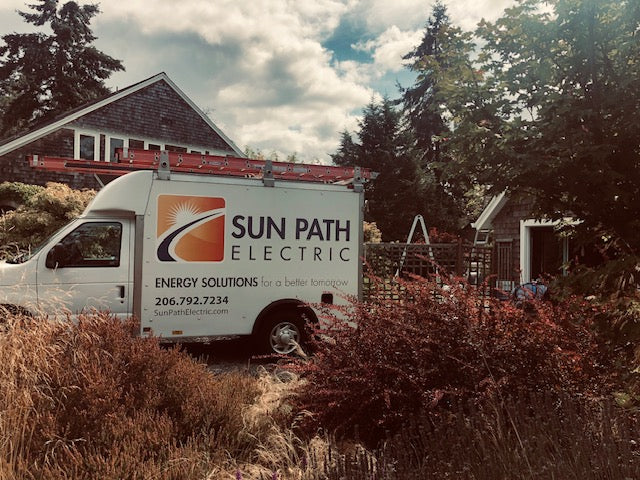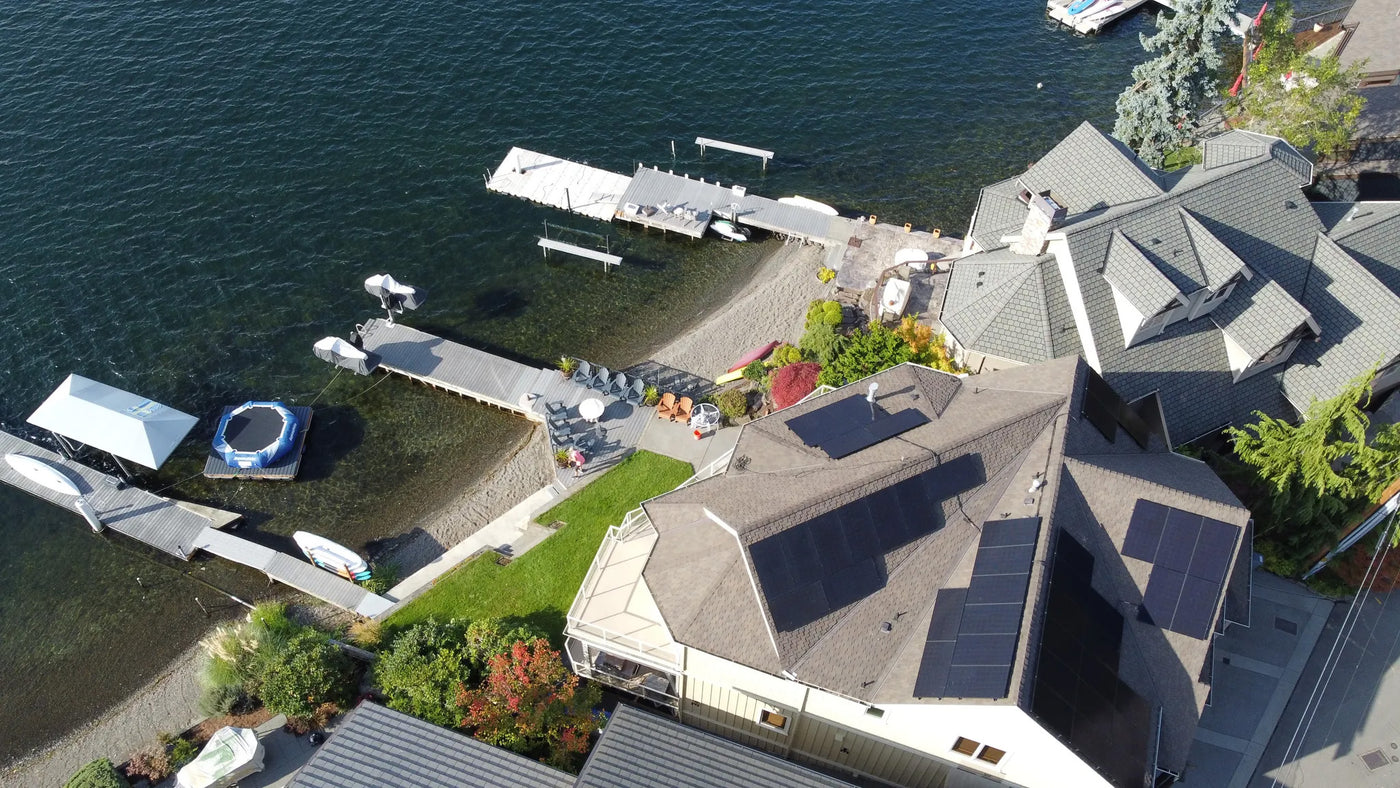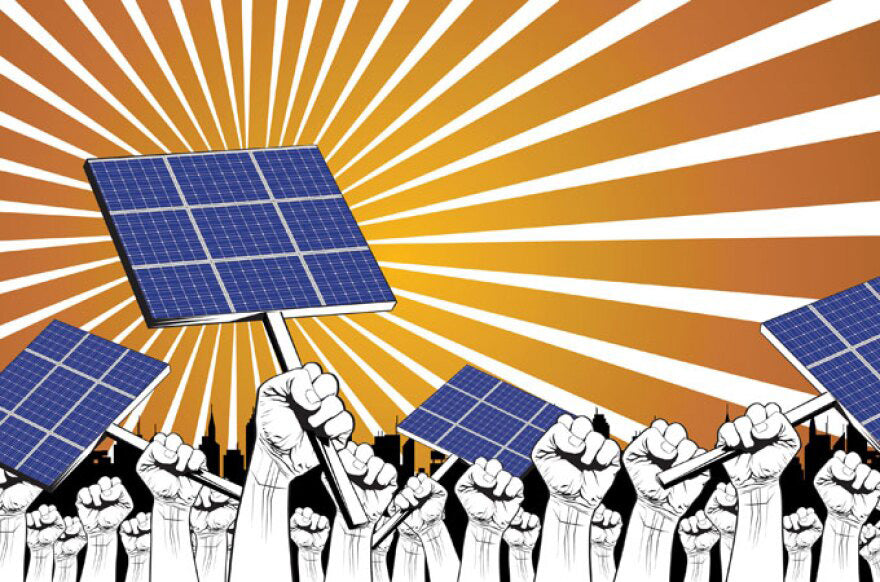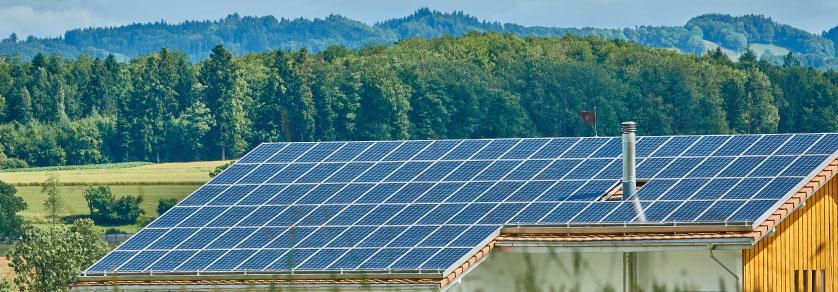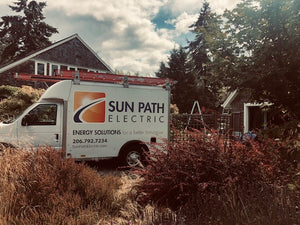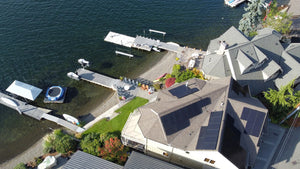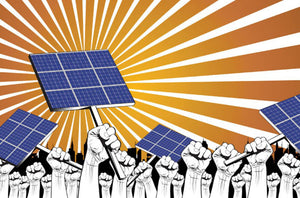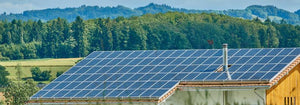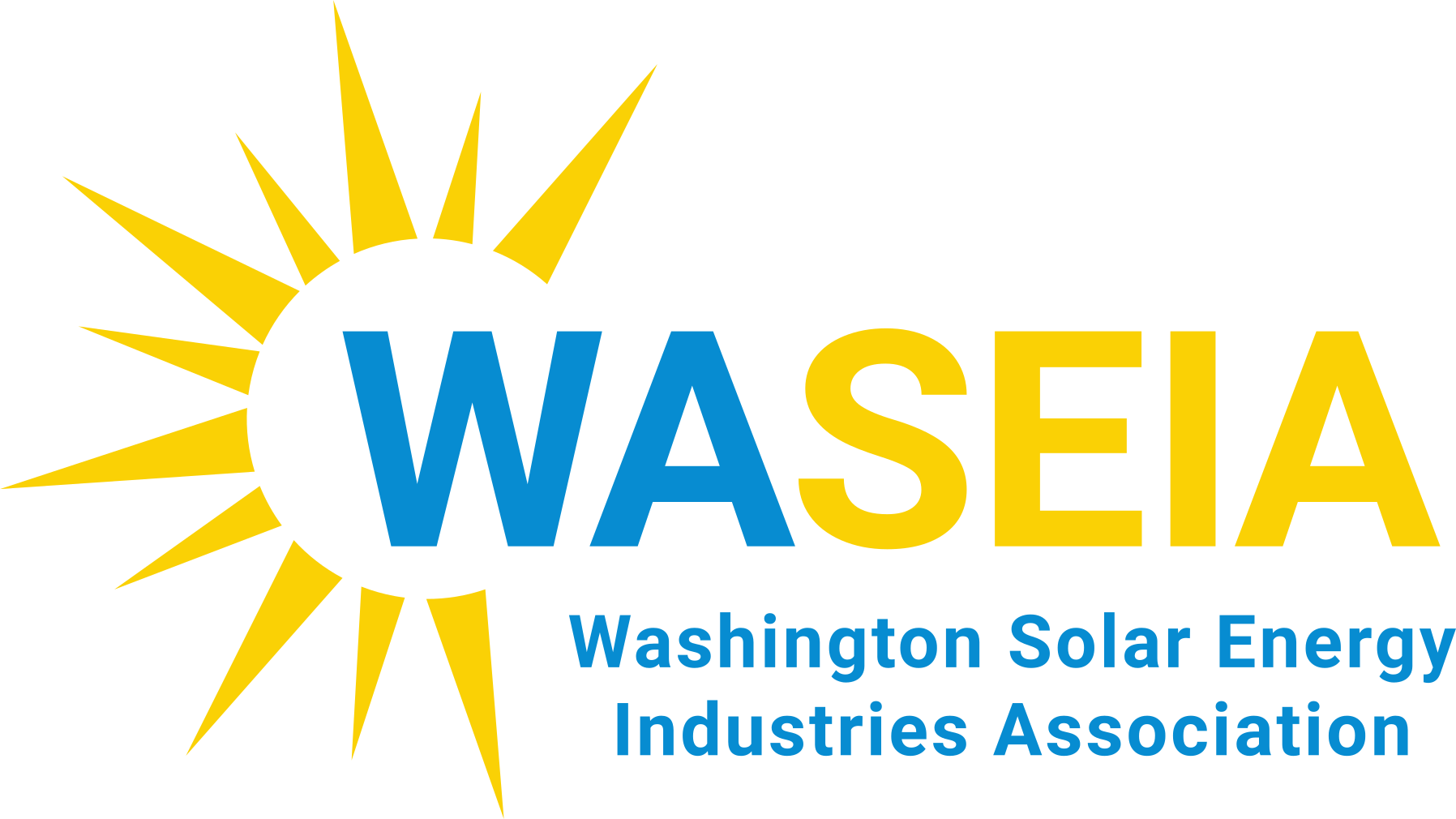Sun Path Electric is against Initiative 2066 and asks you to vote No on I 2066 because it is bad news for clean energy.
What is Initiative 2066?
Initiative 2066 undermines energy efficiency programs and slashes incentives for people and businesses hoping to shift to renewable energy like solar.
This initiative will lead to higher energy costs for Washingtonians and will slow progress on climate. Learn more here: interview with KUOW.
I-2066 Key Points:
-
I-2066 would increase energy bills. It would require utility companies to continue investing in outdated technology, and the costs would be passed onto families and businesses.
-
I-2066 attacks energy efficiency. It would roll back modern protections that make homes and businesses more efficient. It jeopardizes energy efficiency programs and would take away important customer rebates, raising costs for Washingtonians, slowing climate progress.
-
I-2066 undermines local governments’ control over energy decisions. It strips local governments of their authority to set and enforce energy policies tailored to their communities.
-
I-2066 is funded by powerful interest groups. It is part of a nationwide effort by fossil fuel corporations and well-funded interest groups that want to make as much money as possible while Washington families pay higher energy bills.
-
I-2066 threatens public health. It could undermine the Clean Air Act, a critical piece of legislation that protects us against harmful air pollution.
There is No Ban on Natural Gas in Washington
Hedge fund billionaire Brian Heywood and other special interests have spent millions of dollars to spread misinformation about I-2066.
They are making every effort to convince residents that House Bill 1589 (passed last spring) established a natural gas ban in Washington, and that I-2066 provides the path to protect Washingtonians from this “ban.” This messaging is blatantly false. There is no ban on natural gas in Washington.
Puget Sound Energy (PSE), the state’s largest private utility provider, set the story straight in a press release last spring: “There has been a lot of misinformation about HB 1589…HB 1589 does not include a ban on natural gas, and it does not change PSE’s obligation to serve natural gas to our customers.”
Sun Path Electric Opposes I-2066 because we believe what our tagline says, that clean renewable energy is "Energy for a Better Tomorrow."
